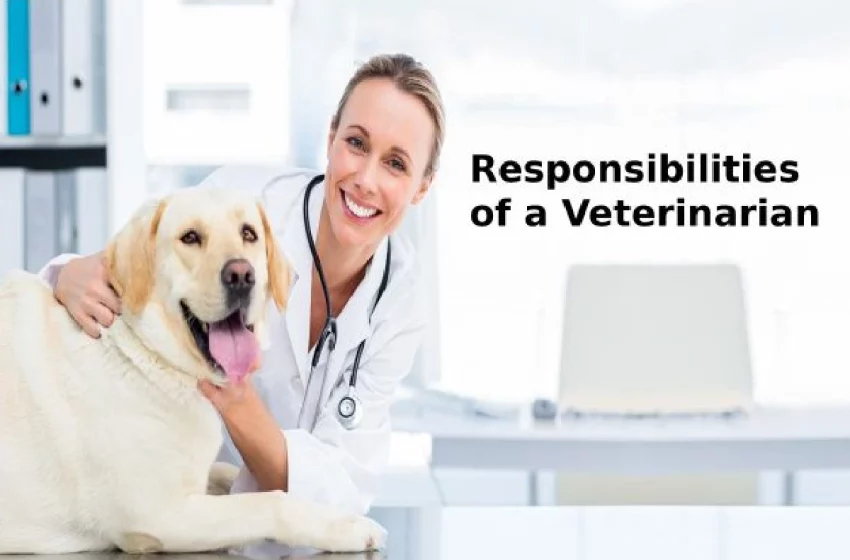
Responsibilities of a Veterinarians
Veterinarians are doctors who provide healthcare to animals – livestock, small animals, zoo or laboratory animals, avians etc. They are commonly refer to as vets, and most of these vets for small animals or companion animals do a greater part of their work in private clinics, mostly treating animals that are pets like birds, cats, dogs. Some vets are also qualified to provide care for more exotic animals like ferrets, lizards, or snakes. They perform several medical procedures and diagnose illnesses. These procedures are mostly known as chiropractic care.
It vets also work as equine veterinarians who treat horses. Some other vets may work as vets for food animals, or farm animals that are raise to consume as a food source. Some of these food animal veterinarians offer their expertise in food inspection and safety protocols. They also keep a check on livestock for potential illnesses that may impose a threat to human health via transmission.
Some vets are in the academic and research arena and work as research veterinarians mainly studying human and animal health conditions. Some veterinary specialists have also completed additional training in more specified areas, such as emergency care, dentistry, anesthesia, surgery, pathology, nutrition, ophthalmology, and preventive health care etc.
Do you aspire to be a veterinarian and provide care for animals? Enroll in one of the best Caribbean islands medical schools to get a headstart in the right direction and with the right skills.
Veterinarian Duties & Responsibilities

In simple terms, veterinarians provide health and medical care to animals. Their primary responsibilities include –
- Offering detailed advice to clients on how to care for their pets
- Conduct physical examinations and health checks
- Administering immunization
- Prescribe medicines
- Provide emergency health care
- Perform dental procedures and surgery
- Euthanize animals
Besides treating and diagnosing these animals, veterinarians have the added responsibility of effectively communicating with the owners of these animals or pets. It often includes explaining to them the diagnoses and the treatment they are offering to the pets in layman’s terms. They also teach pet owners the importance of preventive healthcare.
It is crucial that veterinarians as medical care professionals stay up to date with the latest developments in animal health care and medicine. This they achieve by reading professional and academic journals, and by attending conferences and workshops. This also allows them to ensure that their animal patients are receiving the most updated and best health care facilities.
More Veterinarian
Most vets are found working in private clinics, or in hospitals. Some vets also travel to other settings such as farms or laboratories, zoos, or classrooms. Vets who treat larger animals like horses or oversee animals as food sources require to travel between offices to ranches and farms. These doctors mostly practice outdoors and in all sorts of weather conditions, and may even need to do terribly challenging tasks such as performing surgery at remote locations with fewer amenities available.
Vets who work in the food safety and inspection department often visit farms, food-processing plants, and slaughterhouses for inspection of the health of the animals and to ensure that all safety protocols are adhered to.
The job of a veterinarian can be emotionally stressful and more challenging than it may initially appear. Vets have to often care for abused animals, or euthanize sick ones and even offer emotional. It support and care to anxious pet owners. Those who perform their duties in the wildlife or outdoor setups like ranches or slaughterhouses. It also need to fulfill the physical demands of the job.
Join a program today and inculcate all the right values and skills to become a successful vet.


